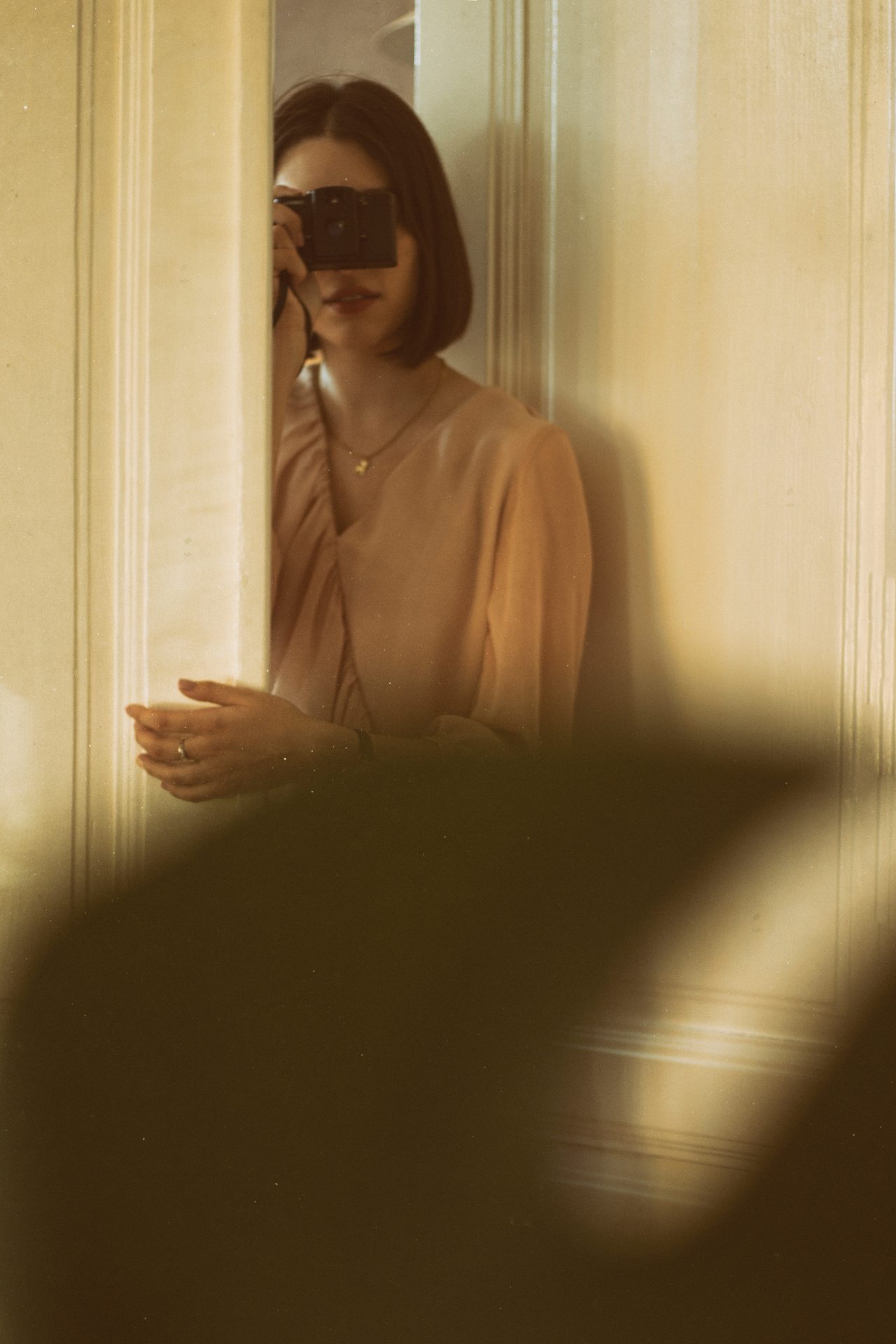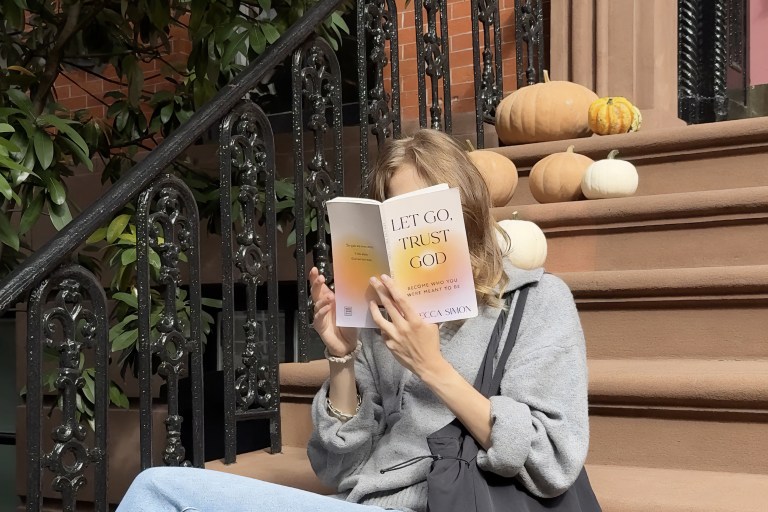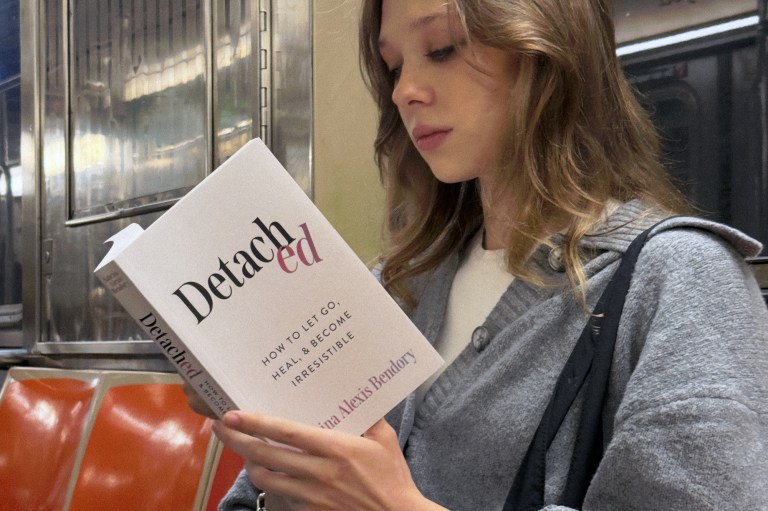
The Version Of Someone You Have In Your Mind Is Not Always Who They Are In Reality
The way that we see other people is not always how they actually are.
Sometimes, we seek out goodness in people who we need to believe are good. Sometimes, when a person’s patterns mirror ours too closely, we shut them down so we don’t have to clearly see ourselves. Sometimes, we confuse someone’s potential for their reality. Sometimes, we fall in love with an idea of what our future may be as opposed to the human being who it would be with.
The way we see other people is subjective, and contingent upon not only our experiences with them, but where we were when they found us. The context of our relationship with a person explains so much about our perception of them.
Remembering this is both heartbreaking, and freeing.
If you want a person to be out of your life, you’ll sum them up by their faults and make them out to be nothing more than their mistakes. If you want someone to stand by you forever, you’ll both be hyper-vigilant in seeking out their potential flaws, and at the same time, running an ongoing tally of all the reasons why they are right for you.
Your brain is a choice-supportive mechanism.
You live your entire life subconsciously filtering through stimuli and calling your attention to what supports your belief, and ignoring what doesn’t.
This is important to remember when you’re really stuck on a person.
This is important to remember when you’re totally hung up on a relationship, when you can’t let go of an old love, when you can’t stand being in social settings with certain groups, when you’re irrationally angry and filled to the brim with hatred for someone in your life, and the perceived injustices you believe them to be responsible for.
We get stuck because we start to see people one-dimensionally.
They become the sum of what we need to think they are in order to advance our own motives, our own objectives, and our own lives.
Sometimes, this is a beautiful thing.
It’s the reason why we stand by one another even in our darkest hours. It’s the reason why marriages last the ups and downs of decades. It’s the reason why some people never give up on the people they care about, even at their most hopeless.
Other times, it is a paralyzing thing.
The way we see other people largely depends on what we want to see in them. It depends on who we need them to be, and even more importantly, who we are going to become.
Brad Meltzer explained this best:
“We are all ordinary. We are all boring. We are all spectacular. We are all shy. We are all bold. We are all heroes. We are all helpless. It just depends on the day.”
I know it feels counterintuitive, but please know that everyone thinks they find a soulmate multiple times before they really do. Everyone villianizes the person who hurt them, even if that person is just wounded, not malicious. Everyone sees the best in the people they love, even if the best is shrouded by a lot of other less admirable qualities.
The way you determine if someone is actually your soulmate is by whether or not you keep showing up for each other and choosing each other over time.
The way you let go of someone who hurt you is by understanding that their actions were likely unconscious, and for them you are not responsible.
The way you truly love someone is to see them in their entirety, the good, the bad, and the in-between.
But most of all, the way you move on with your life is by remembering that your vision about a person can adjust as you awaken.
You can start seeing people outside of the bits and pieces you’ve amounted them to be. You can start seeing them as imperfect and whole at the same time. You can replace regrets with lessons learned. You can gain clarity, and in this, freedom.
There is no one version of a person that exists.
There are thousands, in the minds and eyes of everyone who has ever interacted with them.
Yours, too, can shift.
You just have to give yourself the opportunity to see someone differently than you ever have before.
You have to allow yourself to know that there is more to a person — and a life — than what’s immediately obvious.











